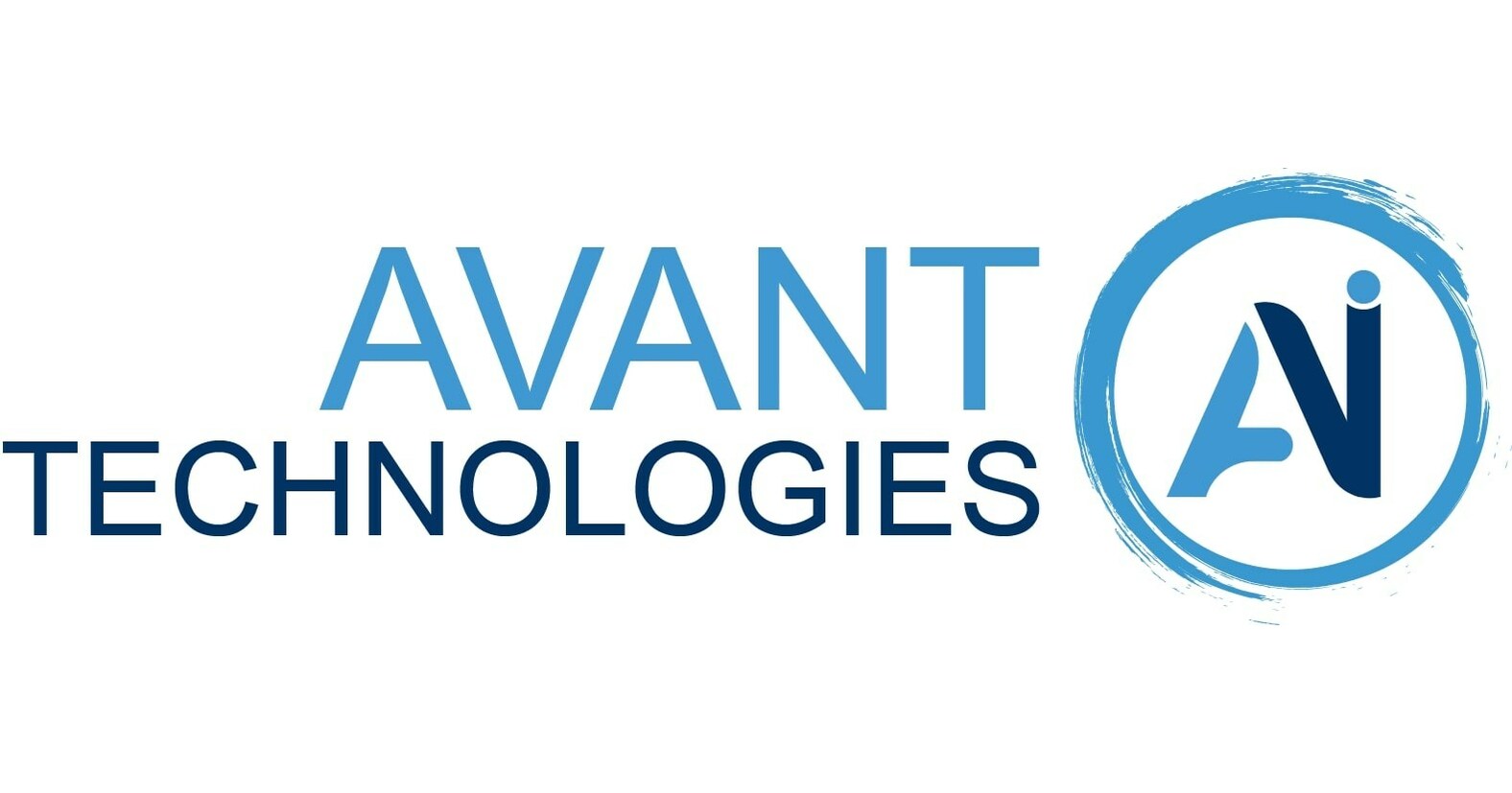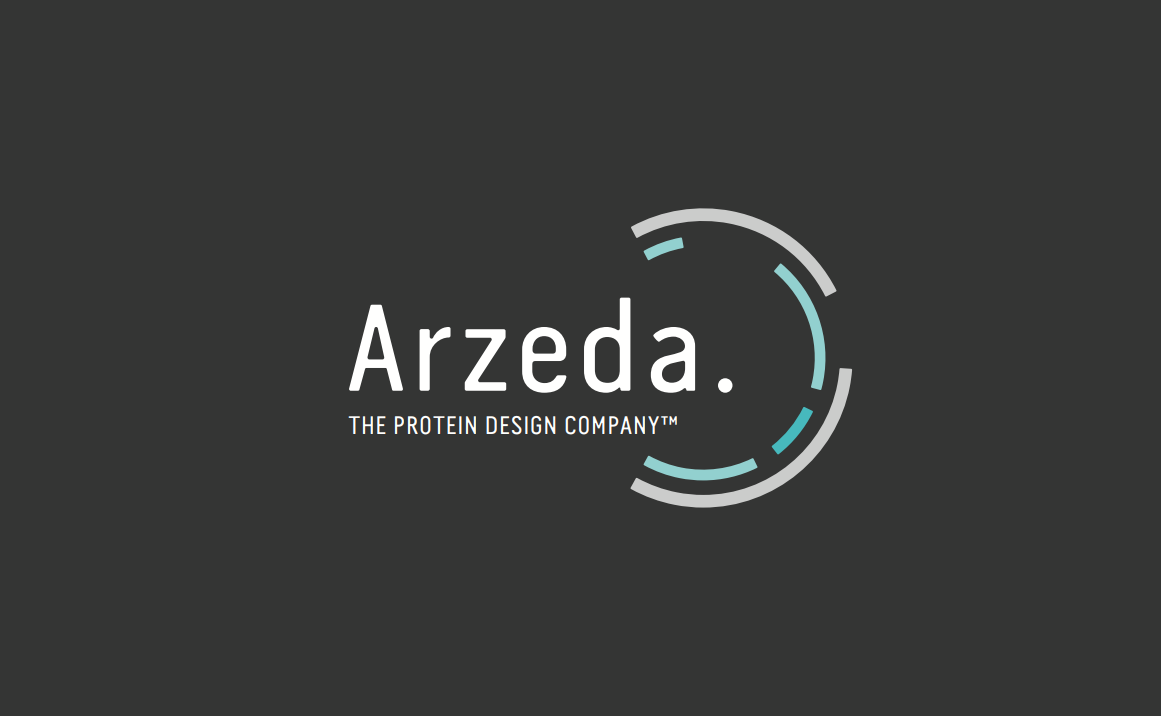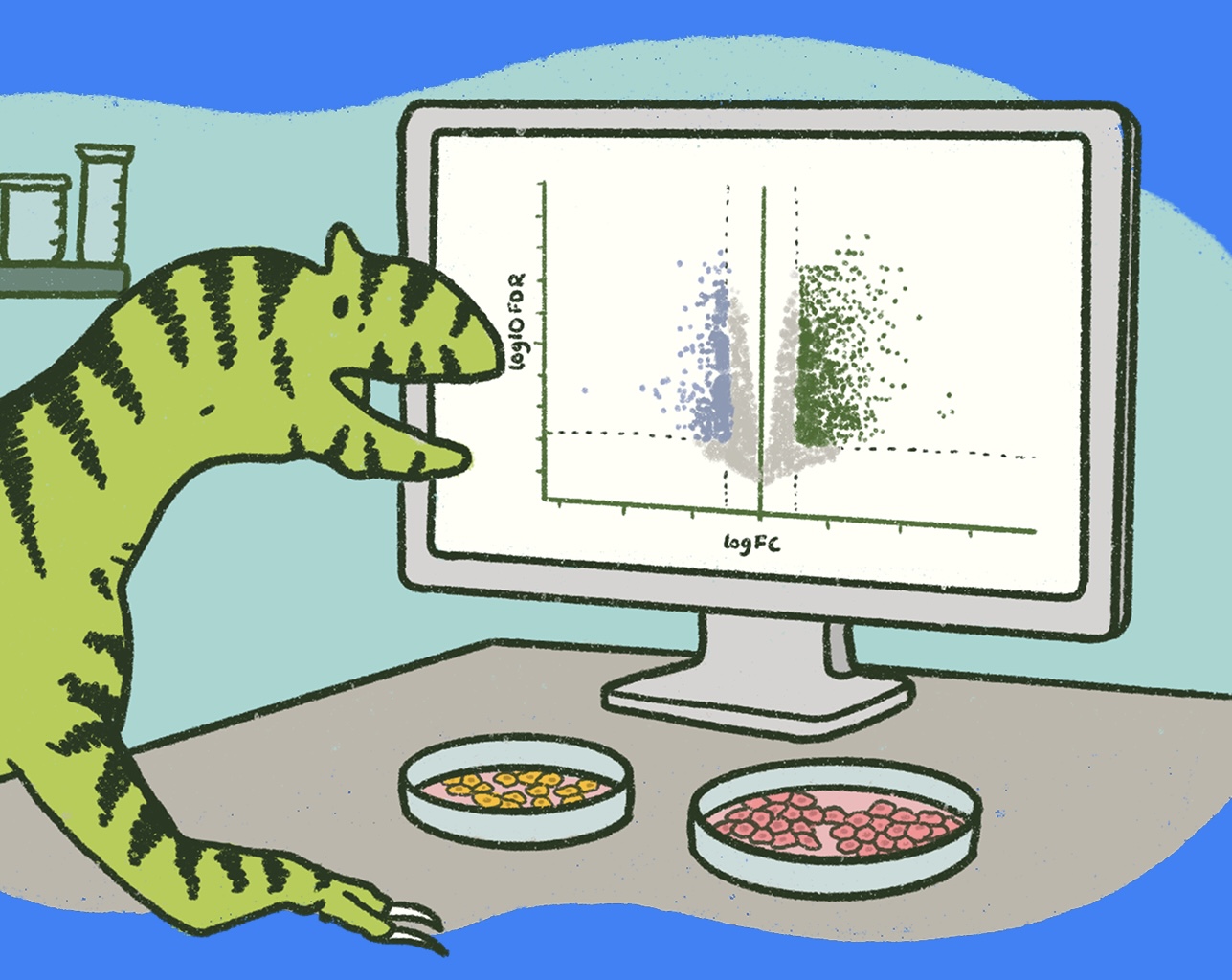Silicon Valley Sees a Future in Circuits Made of DNA
Genetic circuits startup Asimov raised $4.7M in seed-round funding led by Andreessen HorowitzThe line between digital and biological technology continues to blur.Asimov, a startup focused on designing genetic circuits, announced today it has raised $4.7 million in seed funding in a round led by Silicon-Valley based Andreessen Horowitz with participation by DCVC (Data Collective), Pillar, and AME Cloud Ventures.Silicon Valley is no stranger to circuits. These basic units of computation help computers execute logical operations – string enough of them together and you can convert simple input (a keystroke) into complex output (a letter on a screen).Circuits etched into DNA, rather than silicon, enable similar logic inside cells. With the right genetic circuits in place, an organism can respond elegantly to its environment. The circadian rhythm of plants, for example, involves light-sensitive genetic circuits.
Why build genetic circuits?
“In nature, biology has evolved sophisticated ‘genetic circuits’ to do incredible things like self-organize into multicellular patterns, construct atomically-precise materials, and defend against disease. Genetic circuits are not harnessed in biotechnology today because designing them is a huge technical challenge,” said Asimov’s’ co-founder and CEO Alec Nielsen in a press statement.Nielsen has spent his scientific career on this challenge. As a PhD student at MIT, he mined bacterial genomes in search of repressors, terminators and promoters – some of the basic parts which comprise genetic circuits. He then integrated these well-characterized parts with CRISPR associated proteins to produce sophisticated, multi-input synthetic circuits capable of controlling what E. coli eat, how they move, and how susceptible they are to phages.In a startling case of digital-meets-biological, Nielsen also used synthetic genetic circuits to permanently record a record-breaking amount of information – 1.375 bytes, to be exact – into the genome of a bacterium.Nielsen’s startup, Asimov, plans to sell highly-engineered, reliable genetic circuits to business partners for use in their own biotech applications. Biophysical simulations and machine learning underpin the company’s design strategy.
Circuit, meet circuit
Andreessen Horowitz is no stranger to high-tech investment, having backed the likes of Facebook, Twitter, Airbnb, Slack, and Lyft. In recent years, however, the firm has developed an interest in a different kind of technology: life itself.“Asimov’s approach to engineering biology has transformative potential across many areas that touch and improve people’s lives every day. We are thrilled to partner with the Asimov team,” said Vijay Pande, PhD, general partner at Andreessen Horowitz in a press statement. “Just as semiconductor companies today depend on electronic design automation to build their chips, computer-aided design is playing an increasingly important role in bioengineering. We’ve reached an inflection point in terms of what can be reliably built. This has profound implications.”



.svg)











-min.png)
.gif)